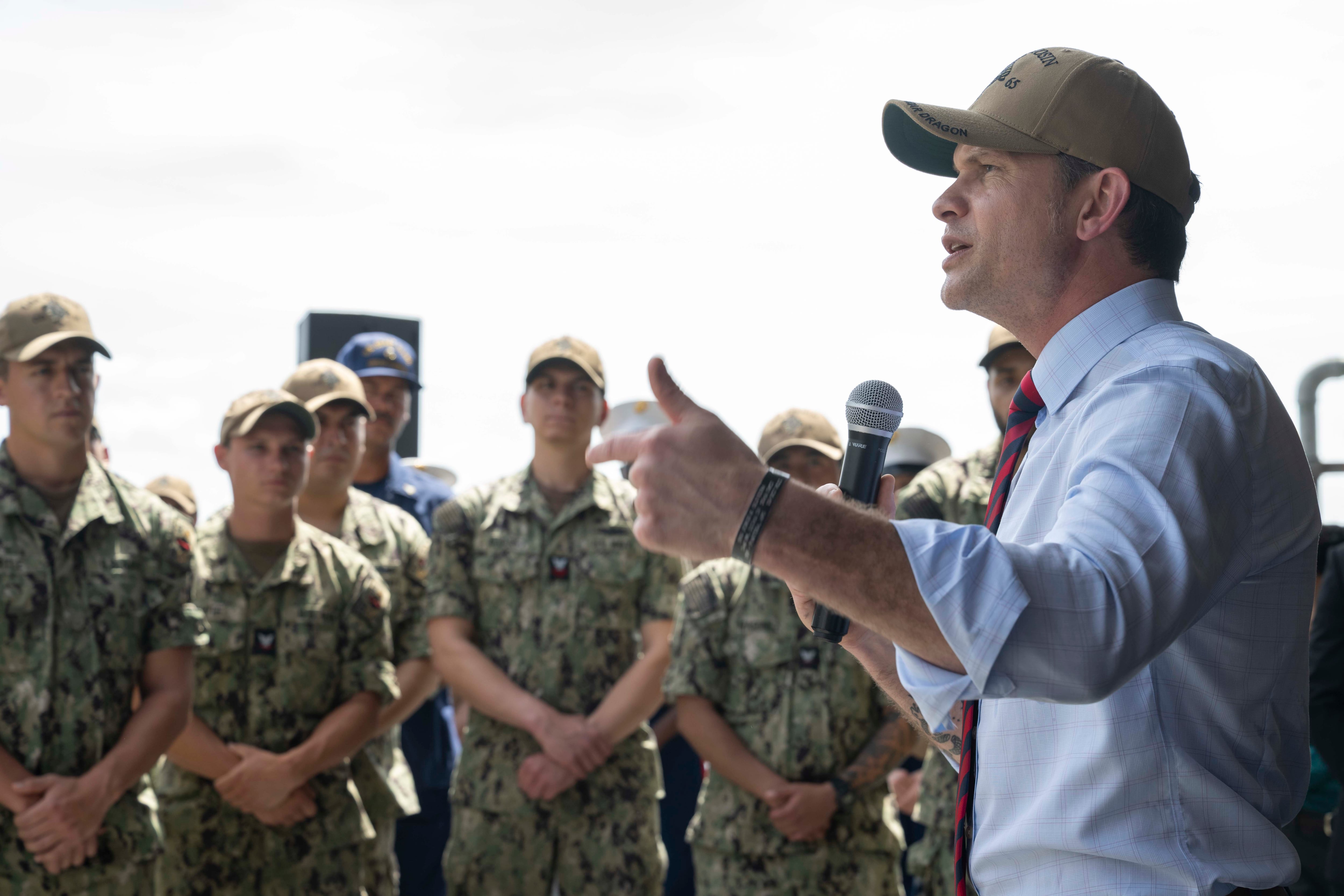The first American general officer to be killed by hostile fire in combat since Sept. 11 has been identified as Maj. Gen. Harold Greene.
Greene died in an apparent insider attackF Tuesday at The Marshal Fahim National Defense University in Kabul, Afghanistan.
"Our thoughts and prayers are with Maj. Gen. Harold J. Greene's family, and the families of our soldiers who were injured today in the tragic events that took place in Afghanistan," Army Chief of Staff Gen. Ray Odierno said in a statement on Tuesday. "These soldiers were professionals, committed to the mission. It is their service and sacrifice that define us as an Army."
Greene was the deputy commanding general of Combined Security Transition Command-Afghanistan.
CSTC-A, along with the NATO Training Mission-Afghanistan, is primarily responsible for training and advising the Afghan National Security Forces.
Both organizations are commanded by US Army Lt. Gen. Kenneth Tovo.
Before this assignment, Greene was deputy for acquisition and systems management in the office of the assistant secretary of the Army for acquisition, logistics and technology at the Pentagon.
Greene was commissioned in 1980 as an engineer officer, according to his bio during his time in the Pentagon. He held a doctorate in materials science, master's degrees in engineering, and a master's in strategic studies.
He served at all levels of the Army, serving in places such as Fort Polk, Louisiana; Germany; Fort Leonard Wood, Missouri; and Natick, Massachusetts.
"When the Army lost him, they lost a real giant," said retired Maj. Gen. Robert Scales about his friend Greene.
Greene was focused on making soldiers' lives better through technology, said Scales, who worked with Greene at Natick.
"Whether it was [improvised explosive devices] or soldier protection or intelligence and surveillance, he always had a tactical view of research and development and acquisition," Scales said. "When he was at Natick, he had a real sense of what was important. Harry was always the one who always understood the tactical needs of the close-combat soldiers."
Scales, a Silver Star recipient for his actions in Vietnam who served as commandant of the Army War College before retiring, called Greene "a fellow traveler."
"I admired him enormously," he said. "Harry was always sort of an icon. My sense was that Harry was bound for higher things."
On a personal level, Greene was laidback and funny, and "he didn't come across as the engineering egghead that some of them are," Scales said.
"He was just very level, down-to-earth," he said. "It's just devastating that you've got this great genius with this incredible reputation and education, and some Islamist wacko comes in and fires a 10-cent bullet and Harry's life is over. There's a certain unfairness in life that war brings."
Tuesday's attack was carried out by an Afghan man dressed in a military uniform.
Up to 15 people were wounded in the shooting, including US troops. A German brigadier general also was reportedly wounded.
Greene is the highest-ranking service member killed in the wars in Iraq and Afghanistan.
One brigadier general has died in support of Operation Iraqi Freedom and Operation Enduring Freedom: Army Brig. Gen. Terrence J. Hildner, who died on Feb. 3, 2012, in Kabul of natural causes. At the time, he was the highest-ranking officer to die while serving overseas.
On Sept. 11, 2001, Army Lt. Gen. Timothy J. Maude was killed in the terrorist attack on the Pentagon.
Ten colonels also have died in Iraq and Afghanistan. Five of those deaths were hostile — two died in IED explosions, one from small-arms fire, one from indirect fire and one in a suicide car bomb attack.
Many of those wounded in the attack suffered serious injuries, Pentagon spokesman Rear Adm. John Kirby said on Tuesday. The assailant, believed to have been a member of Afghan security forces, was killed. The incident will be jointly investigated by NATO and Afghan authorities.
Kirby did not know if the gunman chose his victims at random or if he specifically targeted the general officer and others.
Tuesday's incident could be the largest "insider attack" of the Afghan war. On April 27, 2011, an Afghan colonel killed eight airmen and a contractor at Kabul International Airport.
Asked why the US military has not been able to eliminate the threat of insider attacks, Kirby replied: "Afghanistan is still a war zone. It's impossible to completely eliminate that threat, particularly in a place like Afghanistan, but we can work hard to mitigate it and minimize it and [the International Security Assistance Force] has done that." ■





